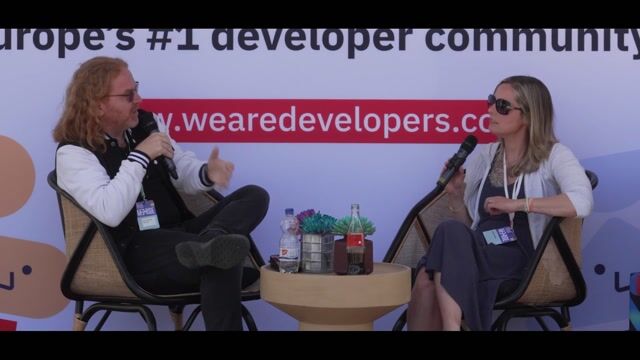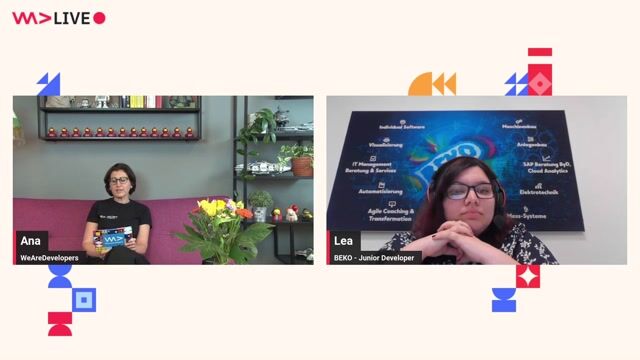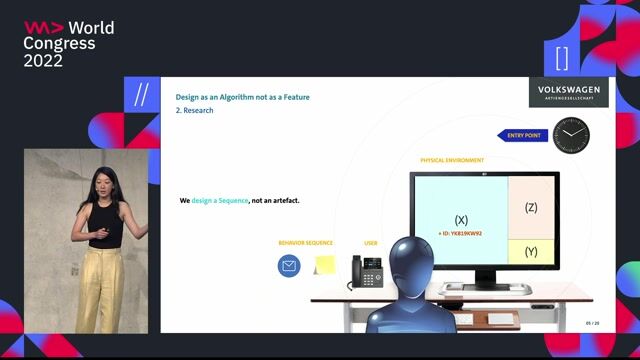Senior Postdoctoral Research Fellow with Digital Database/Map Design Skills for Historical Research
Role details
Job location
Tech stack
Job description
The Senior PRF will be responsible for designing and creating, in collaboration with the PI and the project's Research Software Engineer (RSE), the database that will support the 'Merchant Connections' (Digital Humanities) and 'Antwerp Topographies' (Interactive J Mapping) strands of CHCH. They will also carry out some archival research and work with the project team to populate the database and produce the outputs from the database and the project more generally.
Requirements
Do you have experience in Relational databases?, Do you have a Doctoral degree?, The successful candidate will already have postdoctoral experience of working with digital mapping and relational databases. Working closely with the RSE and PI, the Sr PRF will also contribute to the design of the project website.
This role meets the eligibility requirements for a skilled worker certificate of sponsorship under UK Visas and Immigration legislation. Therefore, UCL welcomes applications from international applicants who require a visa., The successful candidate will already have postdoctoral experience of working with digital mapping and relational databases. Working closely with the RSE and PI, the Sr PRF will also contribute to the design of the project website.
They will have a PhD in historical geography, early modern history, architectural history, digital humanities, urban history, heritage, or a related field.
They will have experience of working with relational databases and interactive digital mapping (GIS, etc.) as well as a demonstrable understanding of current debates in early modern transnational history and material culture, urban heritage and/or historical geography.










